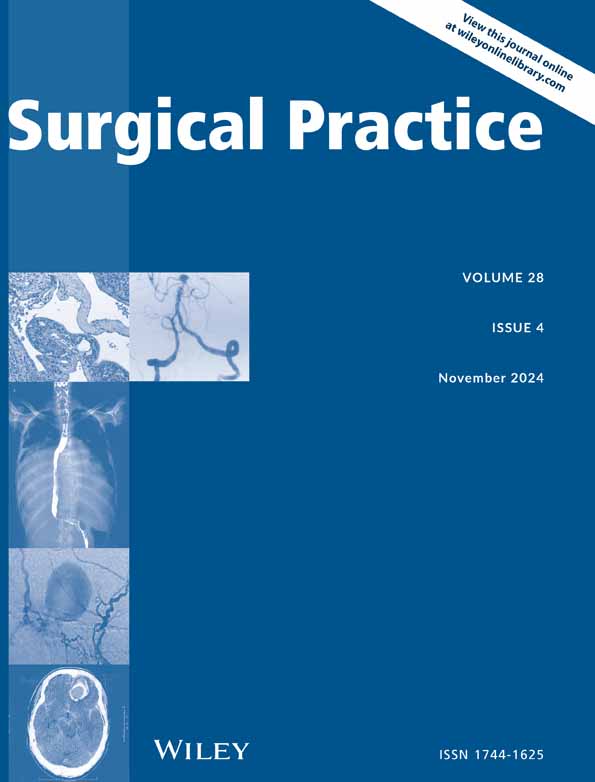Macrophage M2 polarisation empowered reduction of abdominal adhesions via recombinant human type III collagen
Xin Lu, Yin-Jia Ding, and Yang Wang contributed equally to this work.
Abstract
Aim
This study aims to investigate the role of recombinant human type III collagen (RHC3) in preventing abdominal adhesion.
Patients and Methods
The amino acid sequence was analysed to determine the content of GPP fragments. RHC3 was co-cultured with macrophages, and the phenotypic classification of macrophages was based on immunofluorescence detection of inducible nitric oxide synthase for M1 macrophages and arginase 1 for M2 macrophages. This approach was used to assess the impact of RHC3 on promoting M2 polarisation. Levels of inflammatory factor levels, including interleukin 1-beta (IL-1β), tumour necrosis factor-alpha (TNF-α), and IL-10, were quantified using enzyme-linked immunosorbent assay to evaluate the improvement in inflammatory response. The capability of RHC3 to prevent abdominal adhesions was assessed by rinsing the abdominal cavity in an animal model.
Results
RHC3 contains GPP fragments that account for over 5% of its amino acid sequence. Cell studies indicated that RHC3 induced M2 polarisation in macrophages, significantly reduced levels of pro-inflammatory factors (IL-1β and TNF-α), and significantly increased levels of the anti-inflammatory factor IL-10. Similarly, animal studies demonstrated a significant reduction in abdominal adhesion scores.
Conclusion
These results suggest that RHC3 exhibits notable inflammation-ameliorating activity and effectively prevents abdominal adhesions when used as a lavage solution.
CONFLICT OF INTEREST STATEMENT
We have no conflicts of interest to declare in relation to this work.




